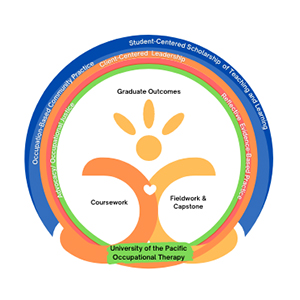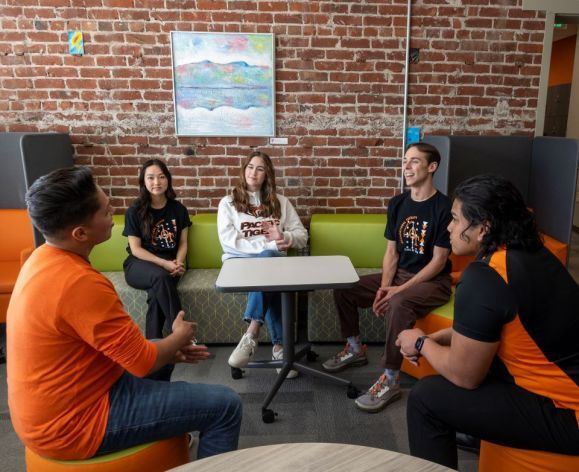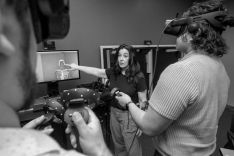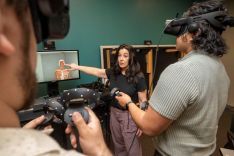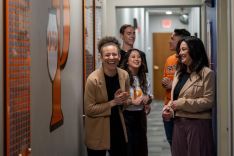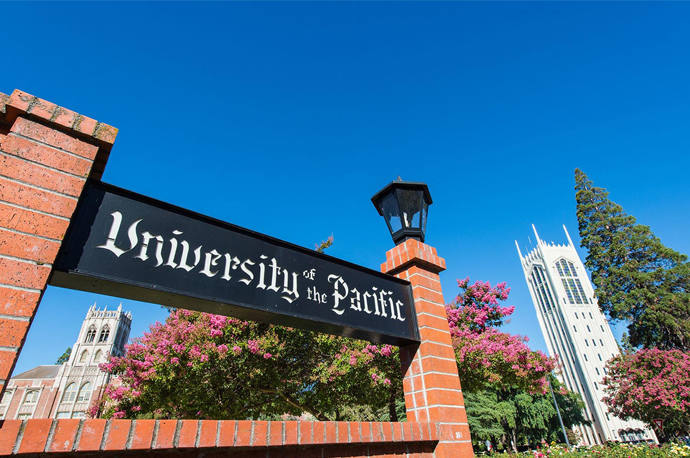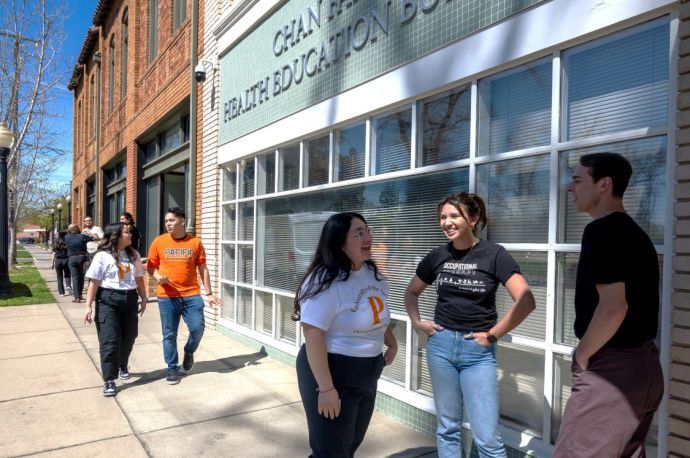Our Mission
The mission of the Doctor of Occupational Therapy Program at University of the Pacific is to prepare students to become competent, socially conscious practitioners in the use of occupation as a therapeutic measure for individuals and diverse communities. The student-centered curriculum aims to optimize student understanding of the value of occupation from various perspectives across the lifespan, including biological, psychological and social to promote a compassionate, client-centered, science-driven, and interdisciplinary team approach in the delivery of care.
Program Vision
To become one of the leading entry-level occupational therapy doctoral programs in Northern California that is focused on community integrated health and serving diverse communities.
Department Vision
Develop and educate socially conscious global leaders that promote occupational justice in the field of occupational therapy. Cultivate an inclusive environment with team leadership that encompasses a diversity of perspectives. Promote and foster open dialogue that leads to a stronger community.
Values and Commitment
At the University of Pacific, it is our belief that diversity and inclusion are essential to the fulfillment of our institutional mission.
Our faculty is committed to promoting full engagement in occupations across the lifespan, and acknowledge that multiple systemic, environmental, and personal barriers limit successful engagement for some individuals, especially those who identify as members of underrepresented racial and ethnic, disability, economically disadvantaged, and/or LGBTQIA+ communities. We are dedicated to preparing generalist clinicians that advocate for all individuals, are committed to social justice, and create inclusive strategies for those we serve.


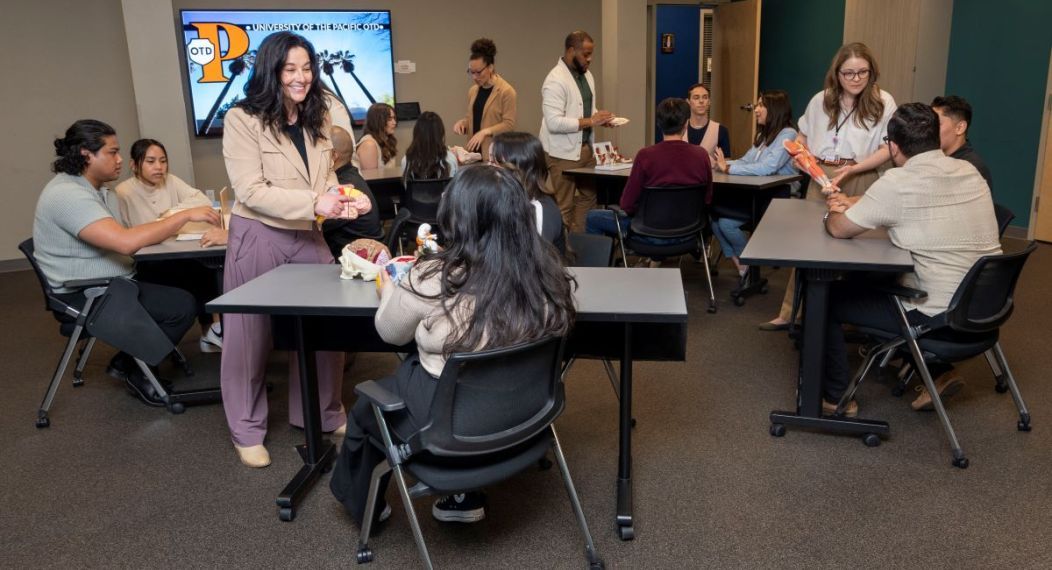
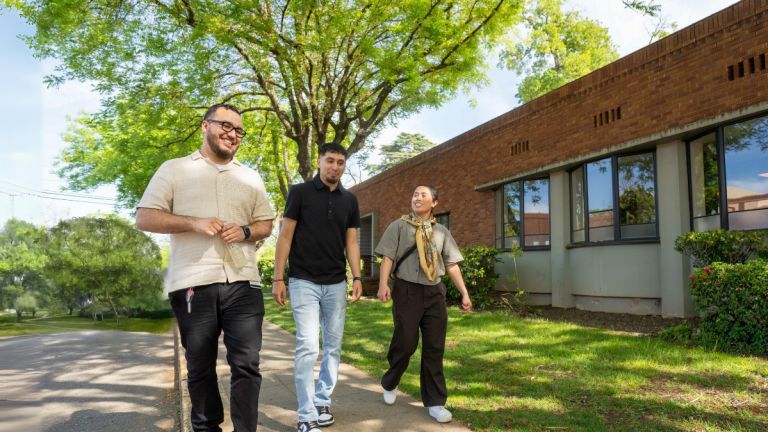

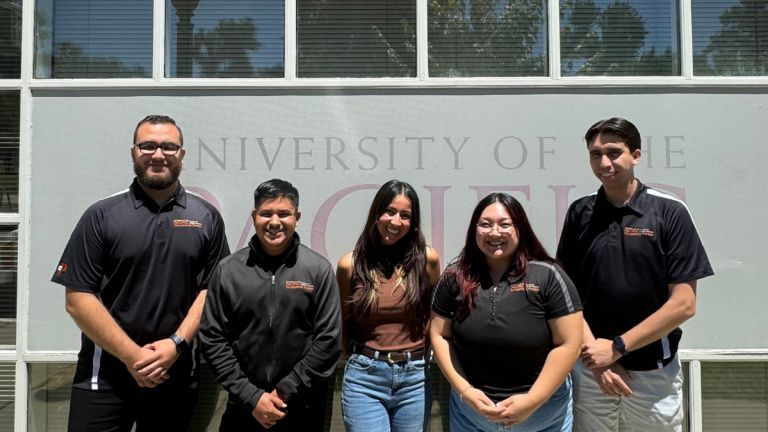
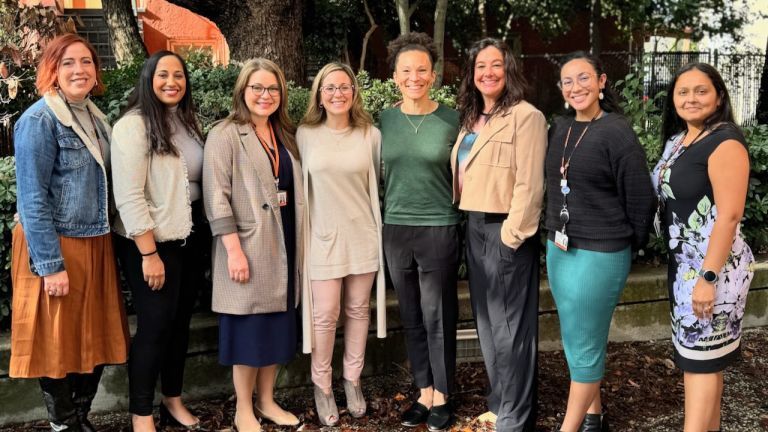
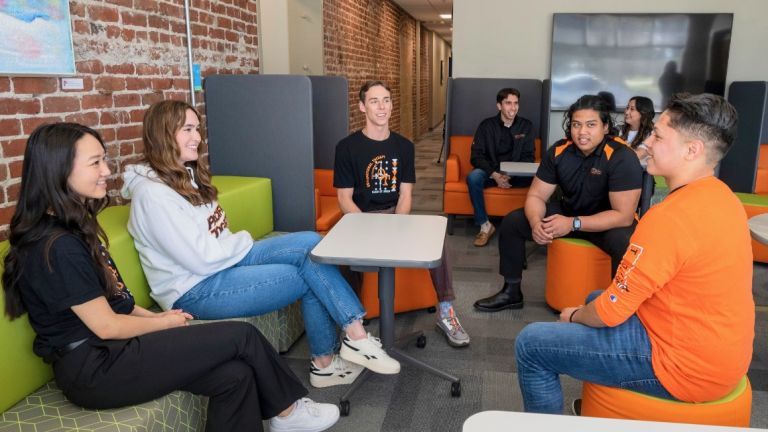
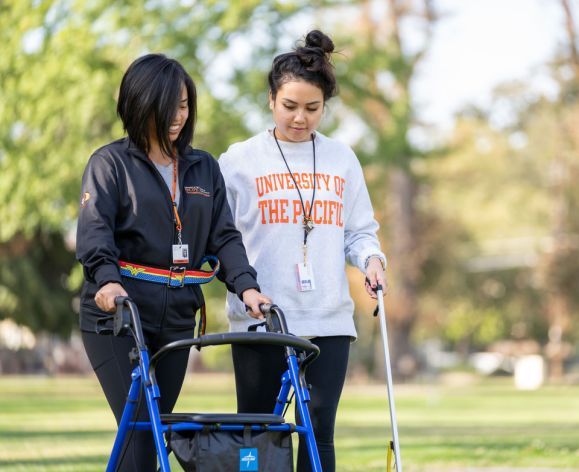
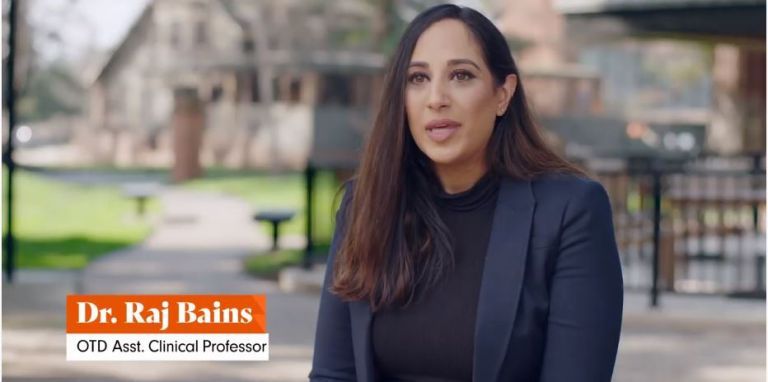
.jpeg)
